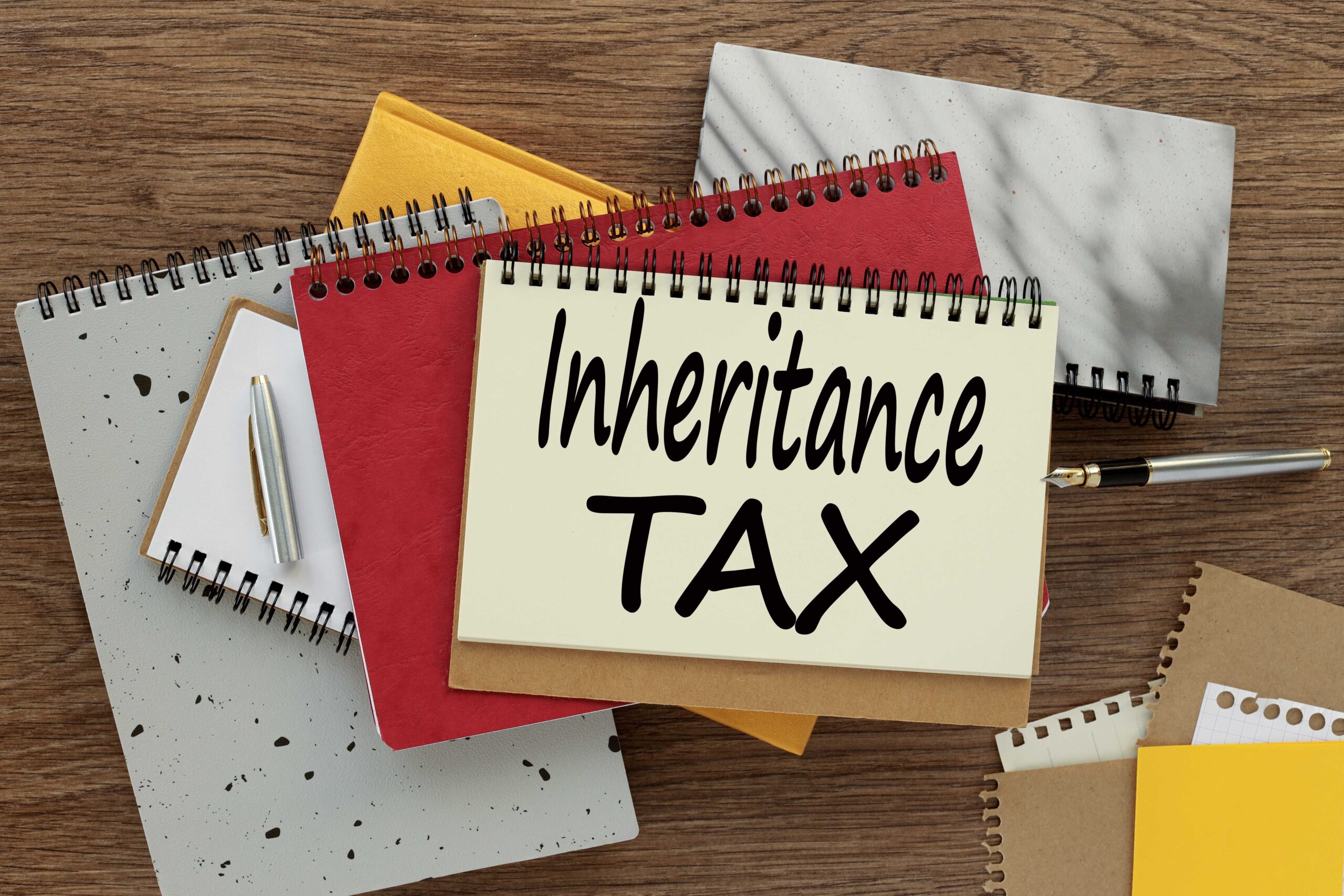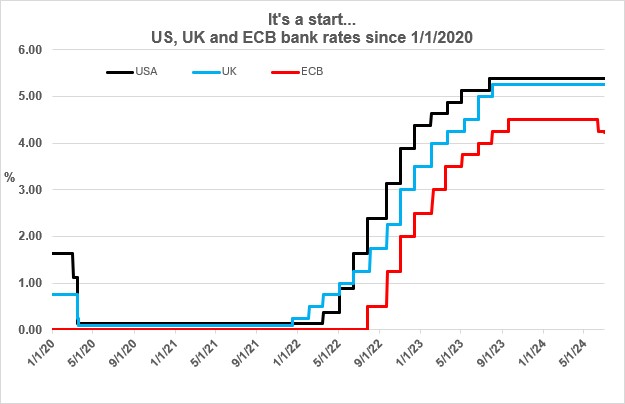
Our advisers provide holistic and independent advice to clients with a wide range of different financial circumstances and objectives; however, one common discussion point for many clients centres around the rules for gifting money, and how to avoid tripping off a tax charge when making a gift.
There are many reasons that individuals may wish to make a gift. A popular reason is to provide a younger relative with funds towards a house deposit, or cover university costs. Others may look to gifting as a method of reducing the value of their estate that is chargeable to Inheritance Tax.
It is, however, important to seek expert advice before undertaking any estate planning, as the rules can be difficult to understand, and actions taken can have unexpected and expensive consequences.
What constitutes a gift?
It may seem a simple question, but it is important to note that a gift needs to be outright to be effective for tax purposes. In other words, the donor of the gift is not able to derive any benefit from the asset that is gifted. If they do, they are likely to fall foul of the reservation of benefit anti-avoidance rules, which could render the gift as being null and void. The most common example of such a gift is when parents gift their main residence to their children, and then continue to live in the property. This is a clear example of a reservation of benefit, unless a market rent is paid by the parents.
Annual gift exemptions
Each individual has an annual gift exemption, where gifts below this figure can be made each year without incurring a potential charge to Inheritance Tax in the future. The annual gift exemption is only £3,000, and sadly this figure hasn’t been increased in more than four decades. Despite the size of the allowance, the annual gift exemption can still be of value, in particular as a couple could each use their annual gift exemption. In addition, if you haven’t made gifts in the previous tax year, this can be carried forward to allow a potential total gift of £12,000 per couple in a single tax year.
One source of confusion is the fact that the £3,000 allowance needs to cover the total of gifts made in a tax year. You can also make small gifts of up to £250 per person each tax year, so long as you have not gifted to that individual under another allowance during the same tax year.
Finally, gifts can be made to a relative who is getting married or entering a civil partnership. Parents can give £5,000 each, grandparents can give £2,500 each and you can give £1,000 to any other person.
Tax treatment of larger gifts
There is no limit to the amount you can gift each tax year; however, any gifts made in excess of the annual gift exemptions outlined above could carry a potential Inheritance Tax charge. For a gift in excess of the annual gift exemption to fully escape your estate for Inheritance Tax purposes, you need to survive more than seven years from the point the gift is made. If the donor of the gift fails to survive seven years, the value of the gift will use up part of their nil rate band, which is the first £325,000 that you can give away on death before Inheritance Tax becomes payable. Where any amount of the gift exceeds the nil rate band, Inheritance Tax is charged on the surplus and is payable by the donee (i.e. the person receiving the gift). There is, however, taper relief that reduces the amount of Inheritance Tax charged, so long as the individual has lived more than 3 years after making the gift.
Making regular gifts
Another way of making a gift without tax considerations is to make regular gifts out of surplus income. This is a confusing rule, and great care is needed if relying on this rule when making gifts. Firstly, the gift can only be made out of income that is truly surplus to your requirements, after all regular spending is taken into account. Secondly, the gifts need to be regular in nature, that is to say that they follow a pattern. For example, if you have truly surplus income over expenditure of £10,000 per annum, and pay this amount each year to your child or grandchild to help pay for school fees, this is likely to be accepted as a regular gift out of surplus income.
The gifts out of surplus income rule cannot be used if the person making the gift reduces their standard of living to make the gift, or uses capital for this purpose. A useful tip for those relying on this rule is to make a careful note of income received and outgoings in a tax year, to help demonstrate that the gifts have been made from income that is truly surplus to requirements.
Avoiding common pitfalls – the importance of advice
Before planning any gifting, it is important to take stock of your own personal financial position. It is understandable that many would not hesitate to offer a gift to help family members, or look to take action to reduce a potential Inheritance Tax charge on their estate; however, many people underestimate potential costs that can arise, particularly in later life, when care fees or private medical expenses may need to be met. By taking holistic financial planning advice, the impact of gifting can properly be assessed to see whether any material damage to your own financial position will result after making the gift.
Deciding which assets to gift can also lead to adverse tax consequences. Where some will have available cash to make a straightforward payment, others may need to sell down assets, be they property or investments. These actions can create an unintended tax consequence for the one making the gift.
It is also important to seek holistic advice, as assets such as the value of personal pensions may not aggregate with other estate assets when assessed for Inheritance Tax. This may cast a different perspective on any planning required.
Finally, there are a number of tools available at our disposal that can assist in estate planning. One such example is the ability to arrange a limited life assurance policy that can be used to pay the Inheritance Tax if the individual making a larger gift doesn’t survive the requisite seven years after making the gift.
Speak to one of our experienced advisers who will be pleased to provide advice on the options and assess the impact of any actions taken.





